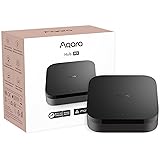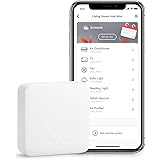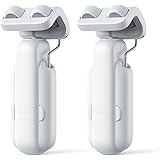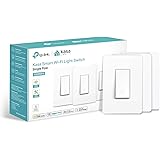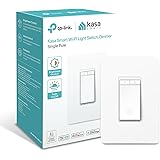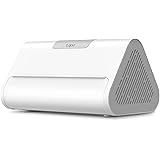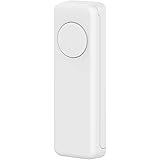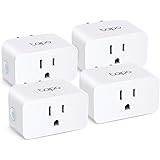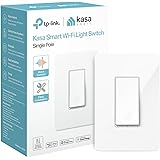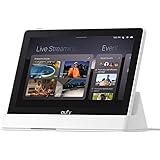Home automation is an excellent way to help the elderly and disabled stay in their homes and maintain their independence. With home automation, these individuals can enjoy the comforts of their own home, while allowing their caregivers to focus on more important tasks. However, the elderly and disabled may need special care and assistance in order to operate the household. The best option is to use a home automation system, which enables them to remain independent and safe.

For the elderly and disabled, home automation is essential to help them maintain their independence and maintain their well-being. These systems can be programmed to automatically lock and unlock doors and shut blinds. This way, caregivers can check on their loved ones from anywhere. They can also monitor activities such as medications and illnesses and call for help at the press of a button. For the disabled, home automation systems can allow them to see if their caregivers are able to communicate with them.
Home automation for the elderly and disabled is particularly useful for maintaining the independence of the elderly and the disabled. With the use of automated reminder systems and security features, the home can be made more secure and accessible for elderly and disabled individuals. A smart home can also be set to remind them of important events, such as important appointments. A home automation system can also help to ensure that the dosage of medication is correct and they can continue living independently.
A smart home automation system can automate routine activities. With voice commands, people can check the temperature of their homes easily. This system is also useful for the elderly and disabled. It can turn on lights and other appliances when someone enters the room. For the disabled, home automation can be automated to monitor the door or turn on the faucet when the person has entered the room. It helps them maintain a safe life while ensuring their safety.
A smart home can also be beneficial for the disabled. There are home automation systems that can make life easier. It can be set to automate everyday tasks such as turning on and off the lights. This technology can be used for the elderly and the disabled, as they may forget to turn off appliances and computers. Many of these devices have integrated sensors that are connected to the internet. They can help the elderly and disable people live comfortably.
An assisted domotic is an assisted device that monitors the elderly and disabled. It allows them to live independently. For the disabled, it can automate their daily tasks. The older population may have problems using their hands, while home automation may help the elderly. The elderly may require help. It is important for the elder and the handicapped to enjoy their independence. A smart domotic can assist them in performing the daily activities.
